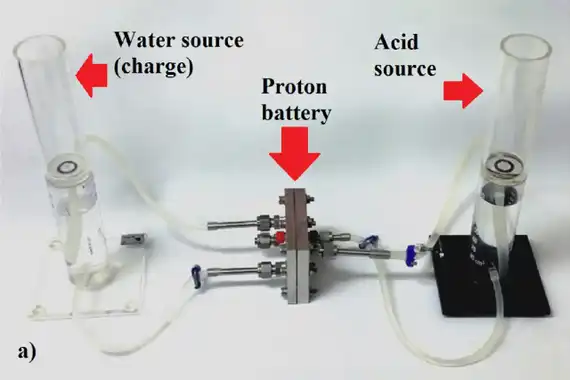Cheap proton batteries compete with lithium on energy density
RMIT engineers say they’ve tripled the energy density of cheap, rechargeable, recyclable proton flow batteries, which can now challenge commercially available lithium-ion batteries for capacity with a specific energy density of 245 Wh/kg.





Add comment